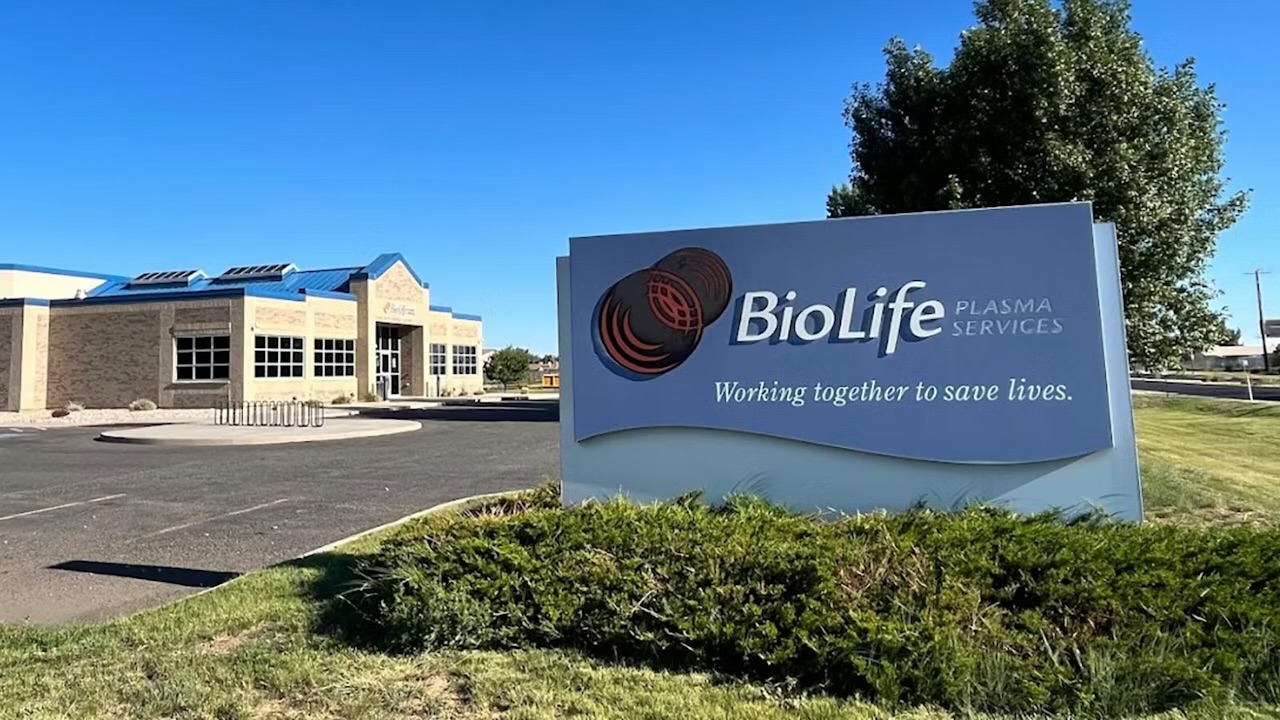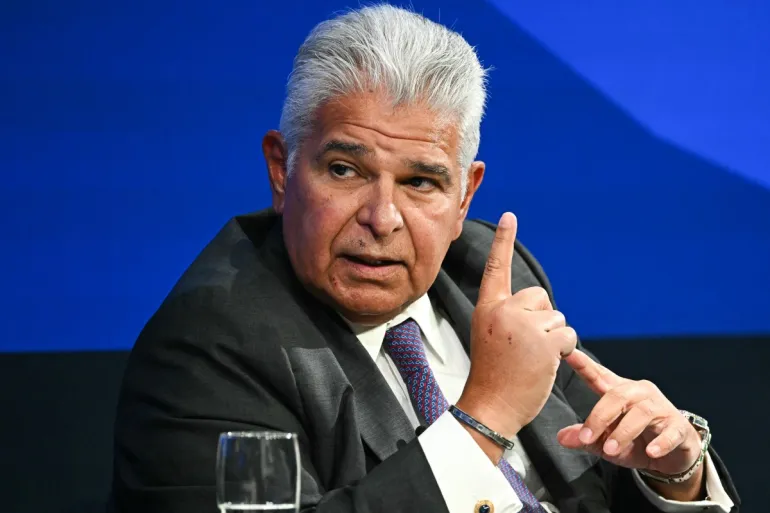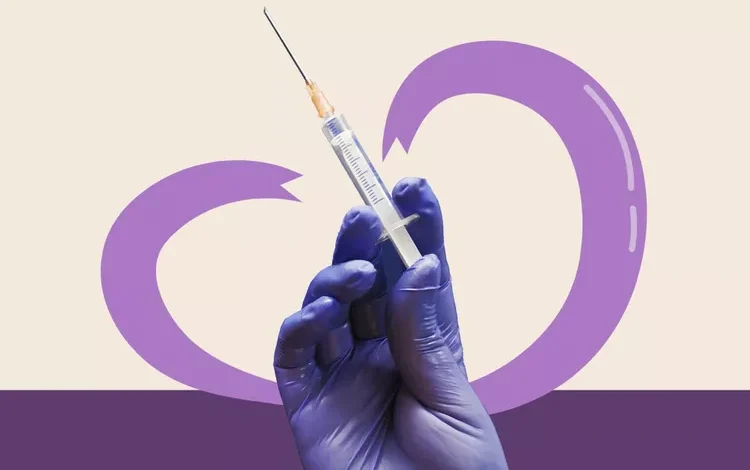A recent study suggests that a personalized mRNA vaccine could help prevent pancreatic cancer from returning after surgery.
While still in early stages, the findings offer hope for improving outcomes in one of the deadliest forms of cancer.
Barbara Brigham was diagnosed with early-stage pancreatic cancer in 2020 following a routine scan. After losing her husband and still being active in her local community and family life, she sought treatment at Memorial Sloan Kettering Cancer Center. There, she met Dr. Vinod Balachandran, a surgical oncologist, who presented an option beyond the standard chemotherapy and surgery—a clinical trial involving a customized mRNA vaccine.
Brigham, eager to extend her time with loved ones, enrolled in the trial. Each vaccine was tailored to the patient’s specific tumor, with the aim of helping the immune system recognize and fight cancer cells more effectively.
The trial was inspired by a small group of long-term pancreatic cancer survivors whose immune systems had naturally developed responses against the disease. Typically, pancreatic cancer does not trigger a strong immune response, making it difficult for the body to recognize and fight it. Researchers sought to replicate this natural response by using mRNA technology, which instructs the immune system to identify cancerous mutations as threats.
The trial included 16 patients with early-stage pancreatic cancer that was still confined to the pancreas and removable through surgery. After the tumors were removed, they were sent to BioNTech, a German biotechnology company, which created individualized vaccines. Patients then received the vaccine alongside chemotherapy and immunotherapy.
Of the 16 patients, eight had a strong immune response to the vaccine. Data showed that most of these responders remained cancer-free for over three years. In contrast, seven of the eight non-responding patients experienced cancer recurrence within the same period.
Researchers noted that patients whose spleens were removed during surgery did not develop a strong immune response, suggesting that the spleen plays a crucial role in vaccine effectiveness.
Despite these promising results, experts caution that the trial was small and does not yet establish a direct link between the vaccine and improved survival rates. A larger clinical trial is now underway to further investigate the vaccine’s potential benefits.
The study adds to growing research on the use of mRNA technology for cancer treatment. Unlike traditional treatments, mRNA vaccines can be quickly customized to target different types of cancer.
Dr. Suneel Kamath, a gastrointestinal oncologist at the Cleveland Clinic who was not involved in the study, noted that while pancreatic cancer is more challenging to target with immunotherapy, this trial serves as an important proof of concept.
For Brigham, participating in the trial has given her more time with her family. More than four years after her diagnosis, she continues to celebrate milestones, including the birth of her eighth grandchild.










The latest news in your social feeds
Subscribe to our social media platforms to stay tuned